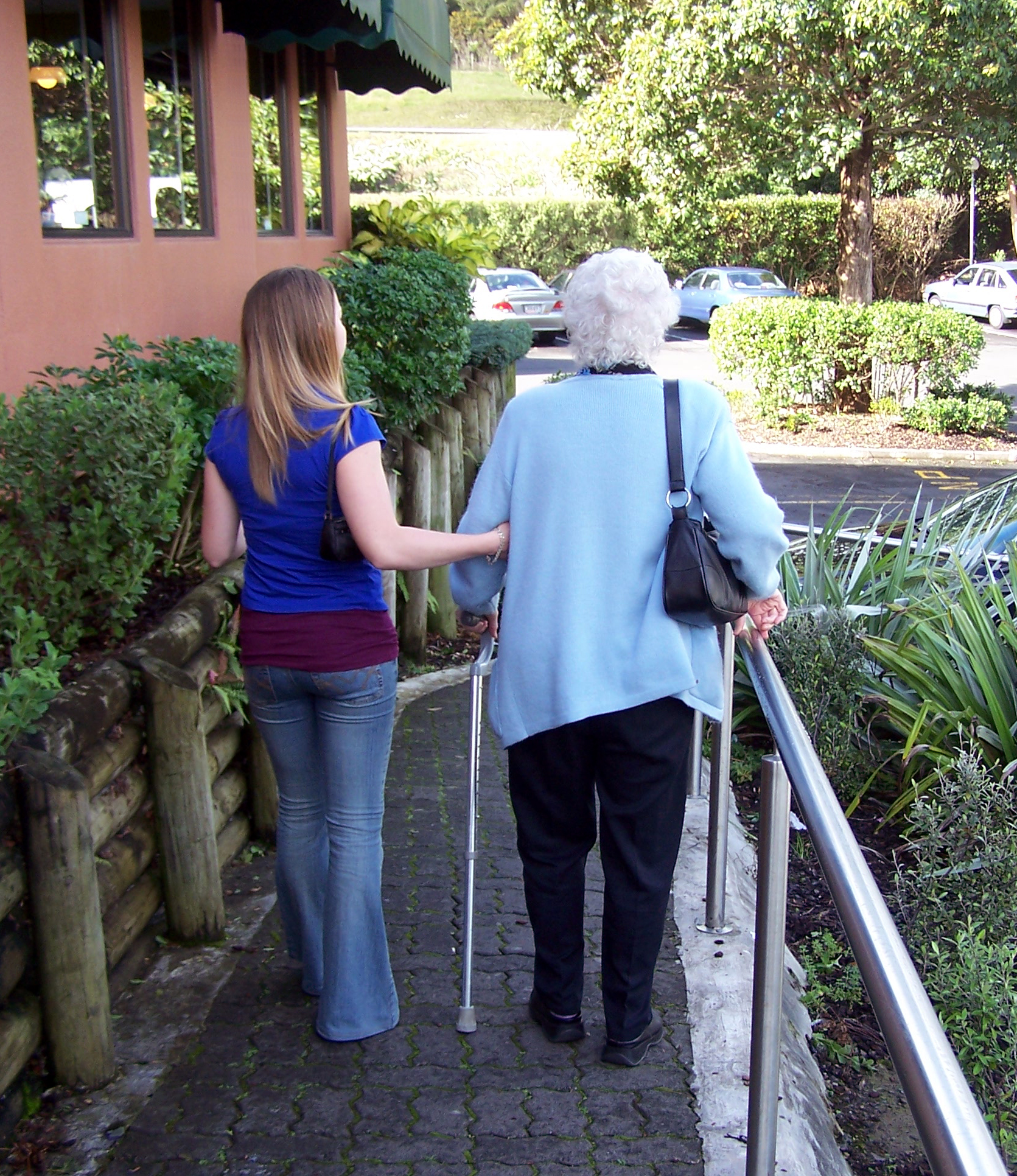 Recognizing and Supporting Youth Caregivers
Recognizing and Supporting Youth Caregivers
Thanks to SeniorHomes.Com for providing a guest post on this less recognized eldercare issue, youth serving as elder caregivers.
With multi-generational households on the rise, it’s not uncommon for today’s youth to find themselves in a caregiving role. Often, however, they don’t even realize it. It can start off with simple medication reminders but quickly evolve into a much more complex situation.
As the aging loved one declines, the young caregiver takes on ever-increasing responsibilities. Because it can be a gradual progression, both parties can easily fail to notice how extreme the situation has become. While other family members would take steps to ease this burden, many go months without realizing what’s happening—especially when there are many miles in between.
When is it too much?
The American Society on Aging estimates there are 1.3 to 1.4 million young adults, between the ages of 10 and 20, providing care for an aging or disabled loved one. On the surface, there’s no harm in a teenager reminding her grandmother to take her medications and helping out with simple tasks. But when the situation evolves to the point at which the teen is providing all of the elder person’s care, making doctor appointments, tending to housekeeping and even helping with activities of daily living, such as bathing and dressing, it can start to take a toll on the young person’s quality of life.
Young caregivers end up stressed, they lose sleep and are fatigued during the day, their grades may start to slip or they may drop out of school altogether. It’s been said many times that caregivers must take care of themselves first, but these kids aren’t in a position in which to do so. They need help and support from other loved ones and the community.
How to recognize a youth caregiver
It’s hard to recognize a youth caregiver. On the phone, they’ll probably act like everything is fine because they don’t realize there’s a problem. If you suspect the elder’s health is declining, ask pointed questions to uncover how much care the teen is providing on a regular basis.
It’s easier to uncover youth caregiving situations in person, so make a visit if you can. The holidays are a great time to do so as many of us travel across the miles to visit loved ones we often don’t see throughout the year. Talk to your aging loved one about their daily routine and to the teen about school, work and other activities.
Look around the home. Are there signs that the young person is handling finances, grocery shopping, cleaning and maintaining the home, preparing meals and helping with activities of daily living? How independent is your elderly loved one? Does it seem as though she’s able to meet her own needs?
What to do if you think there’s a problem
You may need to have a candid discussion with both parties. They probably don’t recognize there’s a problem, so approach the topic gently.
Evaluate your options with your family.
- Are there other family members close by who are able to help alleviate some of the burden?
- What community services are available in the local area?
- What is the financial situation like—are there any resources which could be used to hire a home care agency?
Sometimes, a little outside help is all it takes to make the situation manageable. In other cases, it might be time to consider moving your aging loved one to a senior living facility. Talking with a geriatric care manager or the local Office of Aging can help you make these difficult decisions based on the resources you have available. Reach out to organizations like the American Association for Caregiving Youth (AACY), a Florida-based nonprofit which provides resources and support to young adults serving as caregivers.
Whatever decisions you make at that time, be sure to open the lines of communication. It’s amazing what a listening ear and a shoulder to lean on can do to alleviate much of the stress these young adults face every day.
About the guest author: SeniorHomes.com is a free resource for people looking for a senior home for a loved one or themselves. We provide rich information about the options available in someone’s local market as well as great content to help them through their decisions. Check out our Florida assisted living page for an example.
If you have concerns that a young person in your family may be taking on more caregiving duties or have other eldercare concerns or needs, we’re here to help. Call us at 727-447-5845 or click below to schedule a time to talk with our Senior Care Consultant. Get quality eldercare advice and resources to help you make the best decisions, save time and money!
 Popular Downloads
Popular Downloads


 Get Our Newsletter!
Get Our Newsletter! Mission Statement
Mission Statement

